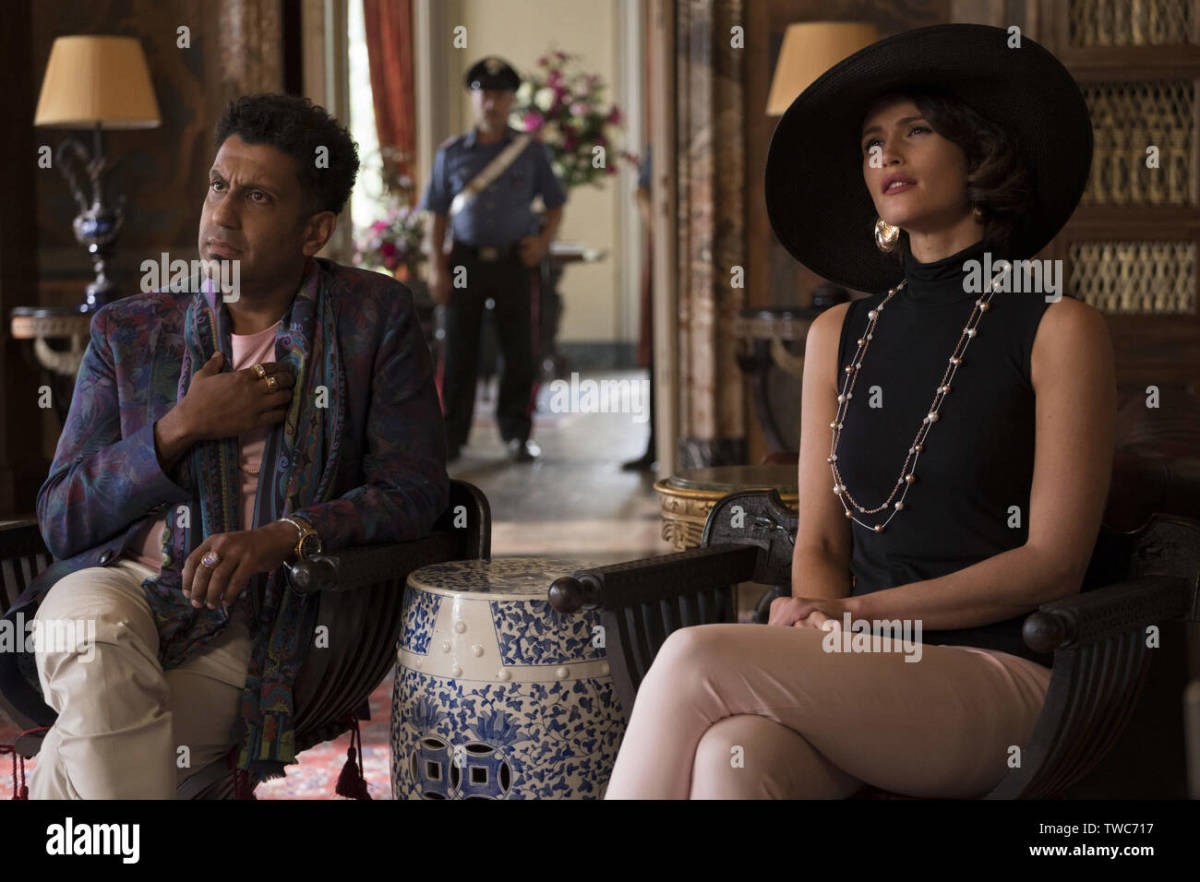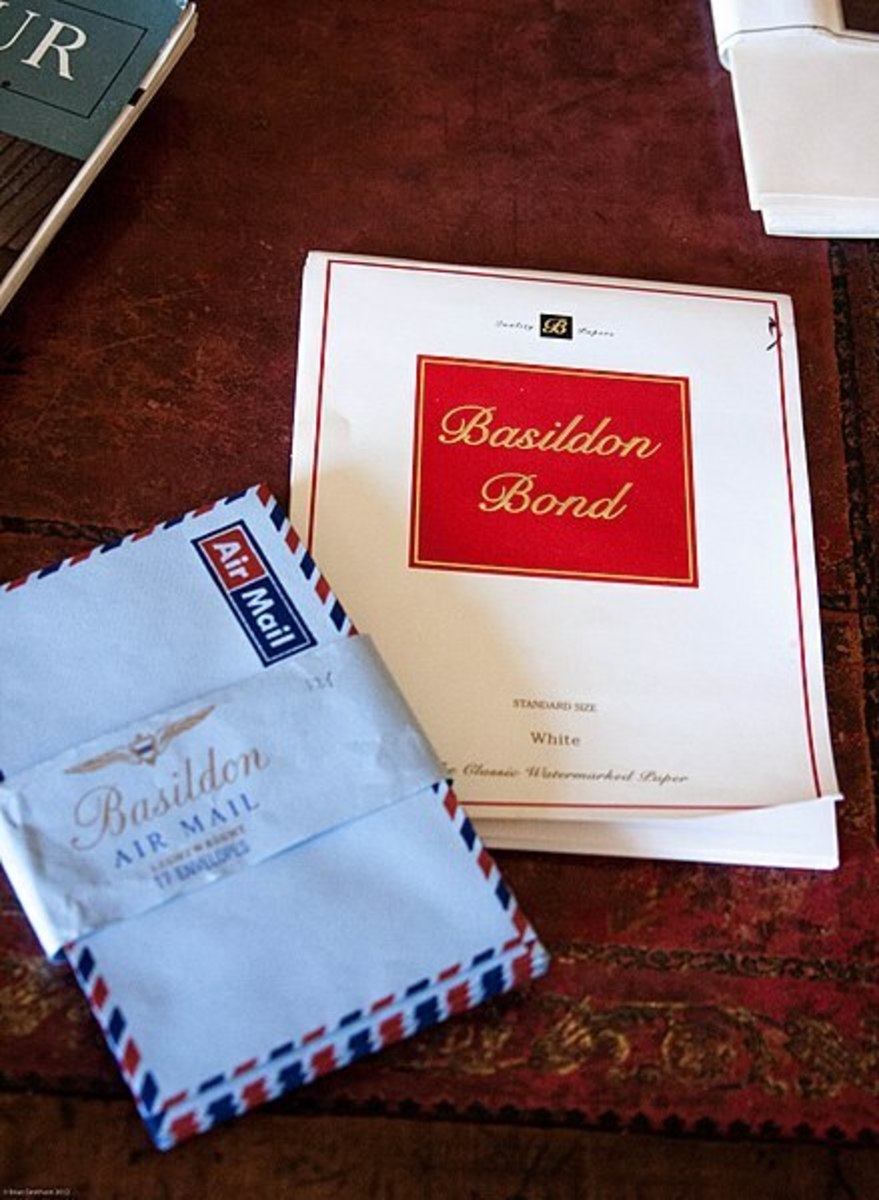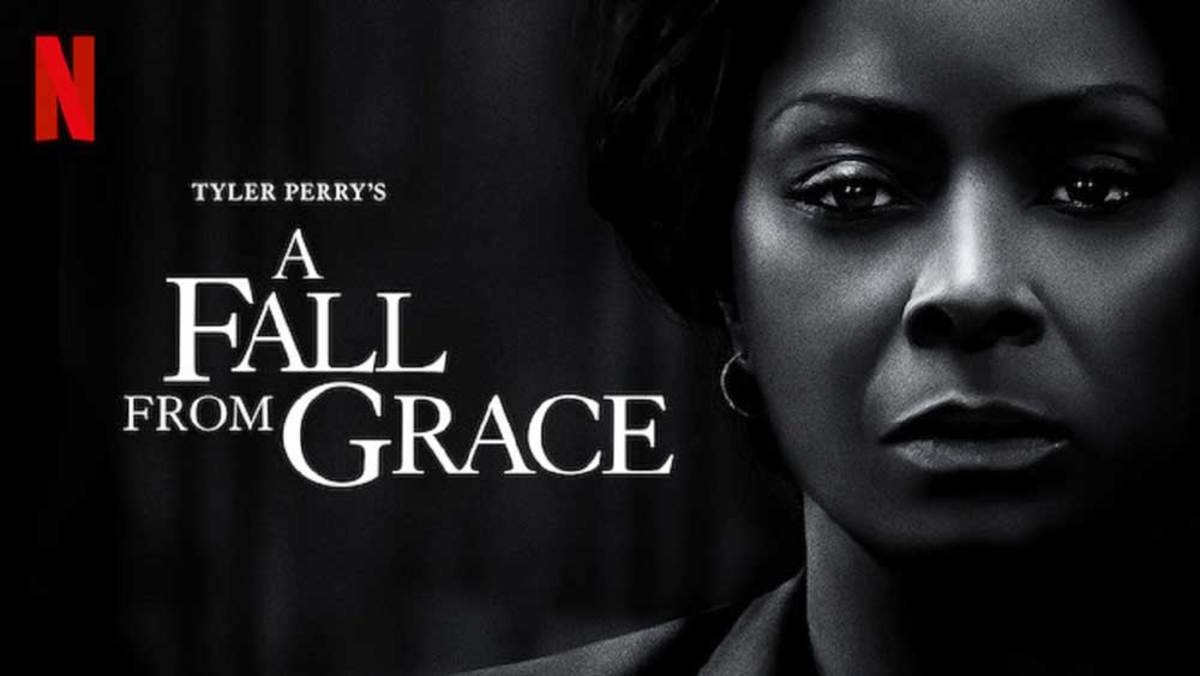The Handmaiden (2016) Review

Directed by Park Chan-wook
Starring: Kim Min-hee (Lady Izumi Hideko), Kim Tae-ri (Sook-hee), Ha Jung-woo (Count Fujiwara), Cho Jin-woong (Uncle Kouzuki)
Country of Origin: South Korea
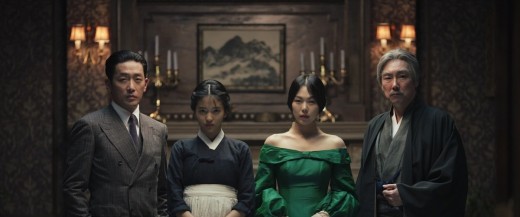
Loosely based on the Sarah Waters’ novel Fingersmith, The Handmaiden is the latest masterpiece from Park Chan-wook (director of the original Oldboy). Once again, he returns to the psychological thriller genre—a genre which he’s already worked in four times before this. However, this time he chose a historical setting. Only instead of taking place in Victorian England like the novel, the plot has been transposed to Japanese-occupied Korea. Though the movie does structure the plot into three different parts, much like the novel.
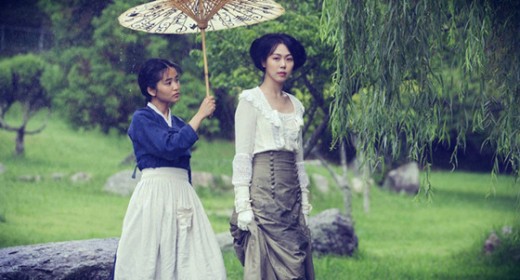
The first part is told from the point of view of Sook-hee (the titular handmaiden). At the beginning, she’s hired by conman Count Fujiwara to get close local Japanese heiress Hideko. Sook-hee is supposed to get close to Hideko and persuade the latter to marry Fujiwara (who only wants her inheritance). However, in the second act, it is revealed things are not quite as black and white as it would seem. Told from Hideko’s point of view, this part retells much of the plot—filling in many of the gaps that were intentionally removed from the first part. Ultimately, it is revealed that that her Uncle Kouzuki had been raising her for marriage. Unfortunately, he also displayed quite a bit of cruelty and forced her to read erotic fiction for his guests. One such guest (Fujiwara) decided to play her knight in shining armor by arranging for them to get married in Japan (setting up Sook-hee to take Hideko’s place in a mental institution). But he didn’t count on the two women falling in love with one another. And this leads me to the third part where everything comes to a head. I’ll spare too many spoilers here, but this movie does have a happy ending.
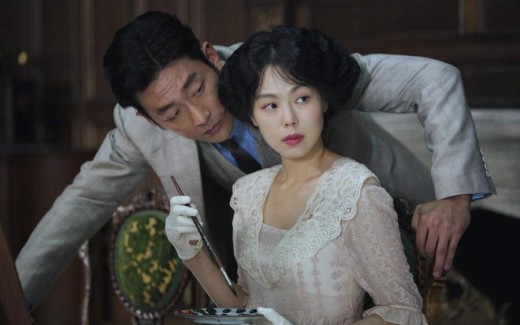
In many ways, it feels like what Kenji Mizoguchi would have done with the thriller genre. Only the ending isn’t guaranteed to make the audience cry. In other words, this movie has a very feminist bent. Both of the protagonists show tremendous strength of character (especially Sook-hee). Meanwhile, the two men are each revealed to possess a streak of cruelty—only Fujiwara is a bit more passive aggressive with this cruelty. In addition, the movie is easily one of the best thrillers of 2016 (not that it’s had very much competition). It’s not the most well-paced thriller in the world but it’s structure does a wonderful job of keeping the audience on their toes. At times, the camera also seems to be a psychological tool—both disorienting and beautiful at the same time. The romance between the two leads is also among the strongest romances I’ve seen in a movie (much better than in Allied). Finally, for cinematography buffs, pay attention to the scenes where characters are travelling overseas. This happens twice in the movie, but in both cases the nature photography is just beautiful to watch.
Basically, to sum up this review, I love this movie. There isn’t anything I would change, and I would recommend it to anyone.

